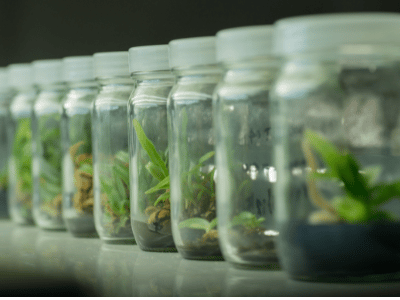Cervical cancer screening is a crucial issue for women’s health. Since January 2024, cervical cancer screening in France has undergone major changes, aimed at improving the accessibility and effectiveness of the process. Let’s find out about the new measures put in place, a nationally organized program for this screening. Here’s the new organization of cervical cancer screening.
New organization since January 2024
The French National Health Insurance (Assurance maladie) has taken over from the regional cancer screening coordination centers (Centres régionaux de coordination des dépistages des cancers – CRCDC) for the management of invitations and reminders to screening programs.
Screening invitations
Since January 2024, Assurance Maladie has been sending invitations to patients who have not undergone screening within the recommended timeframe. To benefit from 100% coverage, the woman must have received the invitation on her ameli account (kept for 6 months, then automatically deleted) or by post.
The invitation now dispenses with the need for a prescription if the sample is taken in the laboratory.
Women eligible for screening
All women between the ages of 25 and 65 are eligible for screening, unless their doctor advises otherwise. The aim is to detect early any cellular abnormalities that may lead to cervical cancer.
The screening cervico-uterine sample (CEP), formerly known as a Pap smear, is the reference gynecological examination for detecting cervical cancer.
There are 2 types of screening tests:
- For women aged between 25 and 29, this is a cytological examination. Please take a look at our cytology offer and our doc speculum.
- For women aged between 30 and 65, an HPV-HR test is more effective in this age group, and now replaces cytological examination. This test detects the presence of the HPV (Human Papillomavirus) virus in the cervix.
Validation of self-testing by health authorities
The HPV test is also available as a self-test.
Self-testing has been validated by France’s Institut National du Cancer (Inca) and Haute Autorité de Santé (HAS). Although no mass self-testing campaign with home delivery of kits has yet been launched, women can obtain a self-testing kit from a laboratory, reimbursed by social security. Two references for self-testing are available: EVALYN and EFTPAUTOP.
Cervical cancer screening in France has evolved significantly since January 2024, offering women simplified access, extended coverage and efficient management of the process.
Every year, over 10 million women benefit from the national cervical cancer screening program, which helps to reduce the number of cancers and detect any precancerous lesions at an early stage. The development of the HPV self-sampling test is helping to increase the screening participation rate, and to reach patients with more difficult access to care.




